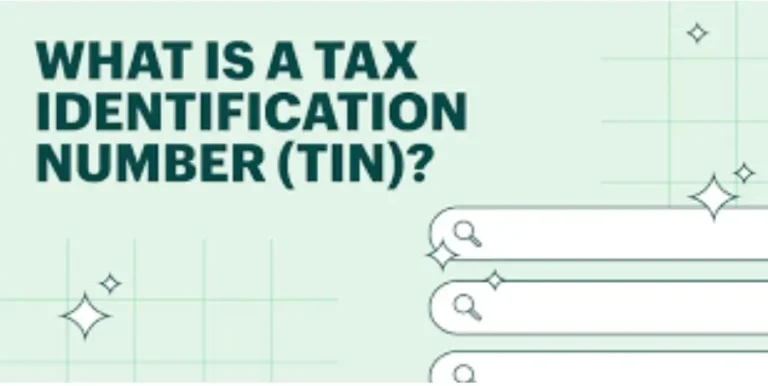Can You Still File a Claim If You Had No Helmet in a Motorcycle Accident?
Motorcycle accidents can lead to serious injuries, even in minor crashes. Helmets play a big role in protecting riders, but not everyone wears one. Whether it’s a short trip or a quick ride through familiar streets, some riders choose to leave the helmet behind. But what happens if you’re involved in an accident and aren’t wearing one? Does that mean you lose your right to file a claim?
This question comes up more often than you’d think. The truth is that not wearing a helmet doesn’t automatically stop you from getting compensation. But it can affect your case. That’s why it’s important to understand how helmet use plays into injury claims.
If you’re ever in this situation, getting advice from an experienced motorcycle accident lawyer can help you protect your rights. They explain the available compensation options after a serious motorcycle accident and help you avoid mistakes that could hurt your claim.
Let’s take a closer look at how this all works.
Helmet Laws Vary by State
The first thing to understand is that helmet laws are not the same everywhere. Some states require all riders to wear helmets. Others only require them for certain people, like those under a specific age or without a motorcycle license.
If you were legally allowed to ride without a helmet in your state, it could strengthen your claim. But even if you broke the helmet law, that doesn’t mean you can’t file a claim. The law may impact how much compensation you get, but it doesn’t take away your rights entirely.
You Can Still File a Claim
Yes, you can still file a claim after a motorcycle accident, even if you weren’t wearing a helmet. If another driver caused the crash, they can still be held responsible for your injuries and damage.
However, the insurance company may try to reduce the amount they owe you. They might argue that your injuries wouldn’t have been as bad if you had worn a helmet. This is known as “comparative fault” or “contributory negligence,” depending on your state.
Comparative Fault Can Affect Compensation
In many states, injury claims follow a rule called comparative fault. This means your compensation can be reduced if you were partly to blame for your injuries. For example, if you weren’t wearing a helmet and suffered a head injury, the court might say you are 30 percent at fault.
That would mean your total compensation could be reduced by 30 percent. So instead of receiving $100,000, you’d get $70,000. Some states follow a strict version of this rule, while others may bar recovery if you’re found mostly at fault.
The Role of the Helmet in Injury Claims
Not all injuries are related to helmet use. Helmets mostly protect against head and brain injuries. If you suffered a broken leg or spinal injury, not wearing a helmet probably didn’t cause or worsen those injuries.
In such cases, the other driver may still be fully responsible. That’s why each claim is different. The details of the accident, the type of injury, and the local helmet laws all come into play.
Why Legal Help Matters
Dealing with a motorcycle accident claim is tough enough on its own. Add the helmet issue, and things get more complicated. Insurance companies will look for any reason to reduce or deny your claim. That’s why having someone on your side makes a big difference.
An experienced motorcycle accident lawyer knows how to handle these situations. They can help prove who was at fault, show which injuries weren’t related to helmet use, and fight for the full amount you deserve.
Final Thoughts
Wearing a helmet is always the safer choice. But if you weren’t wearing one during a crash, don’t assume you’re out of options. You may still have a valid claim and deserve compensation for your injuries.
Know your rights, understand the laws in your state, and get help when you need it. A single mistake shouldn’t cost you everything. With the right support, you can still get the justice and recovery you need.
Also Read-The Ultimate 12-Month Financial Confidence Blueprint for Women






